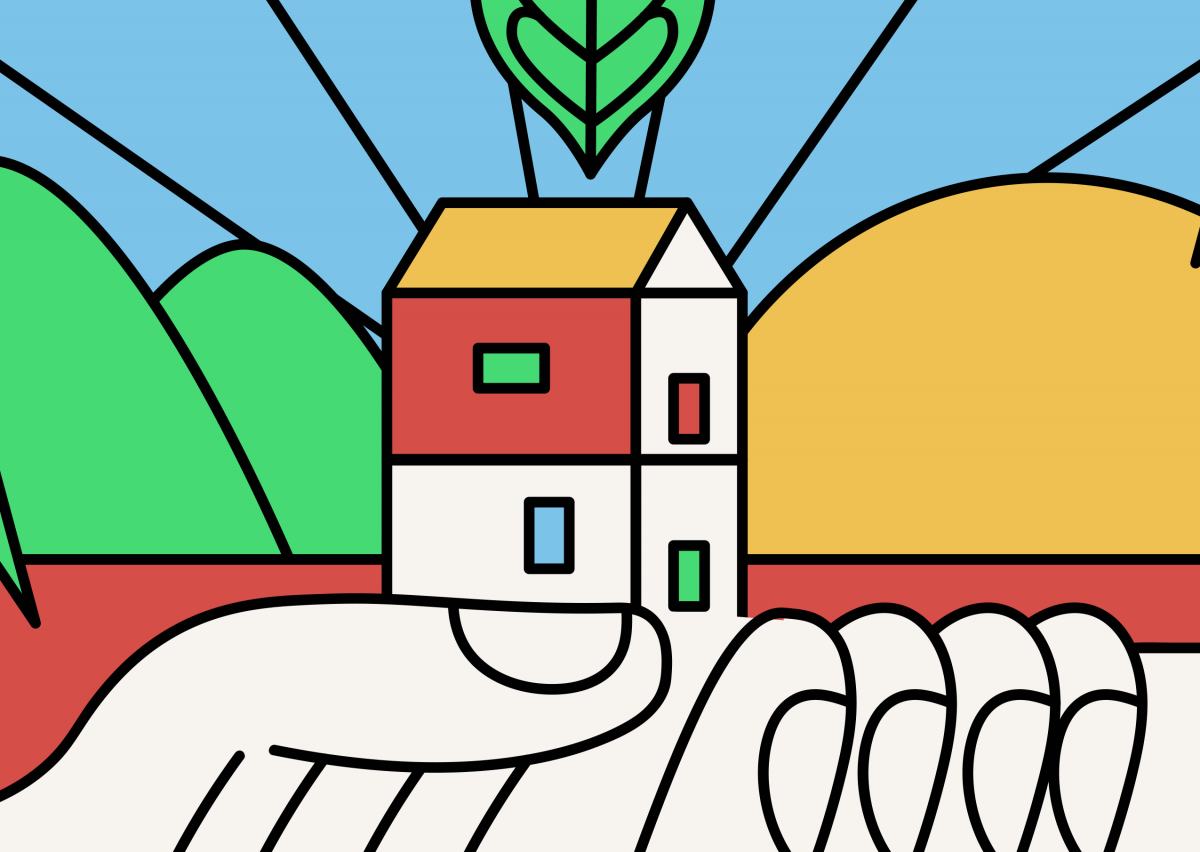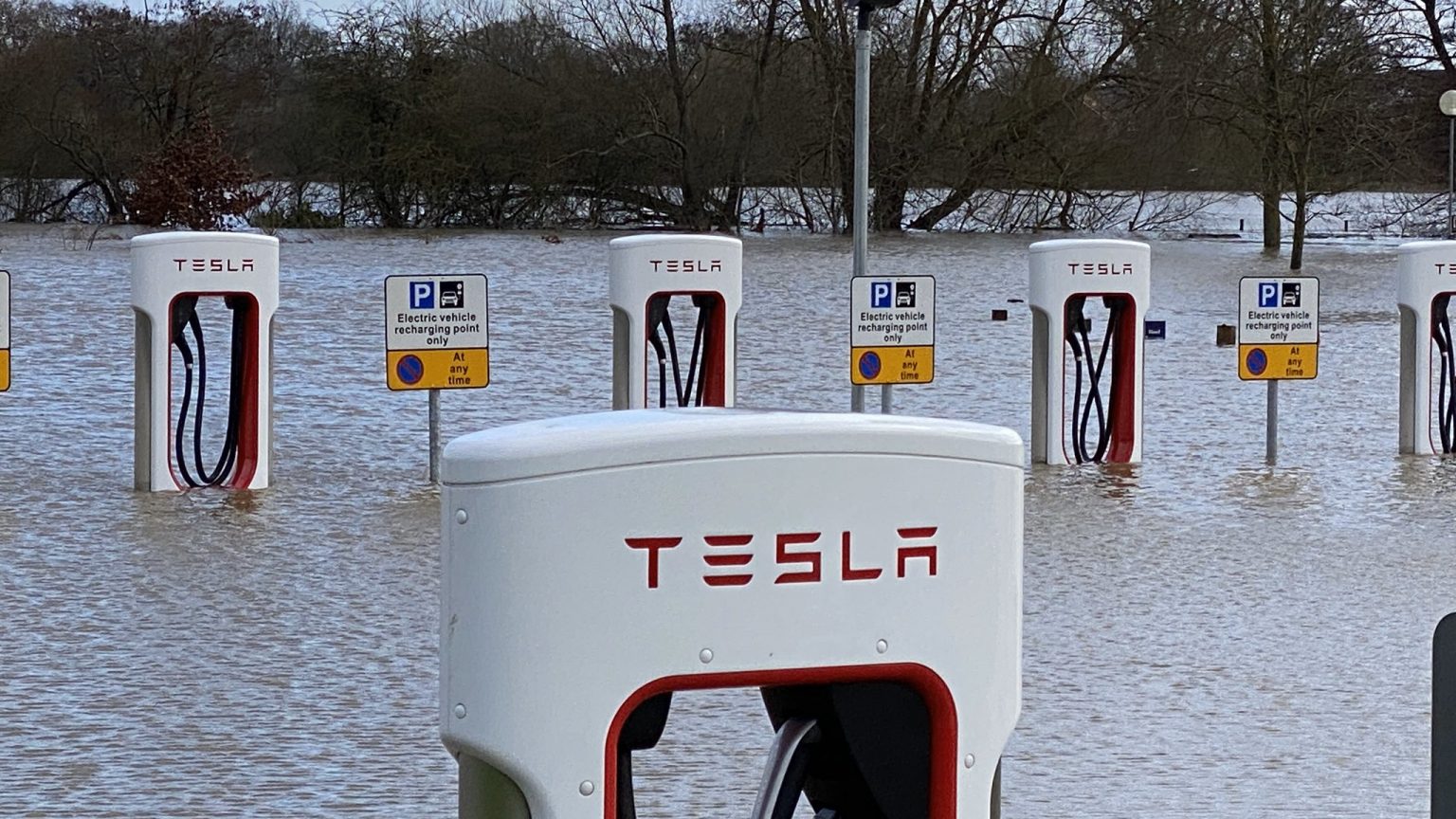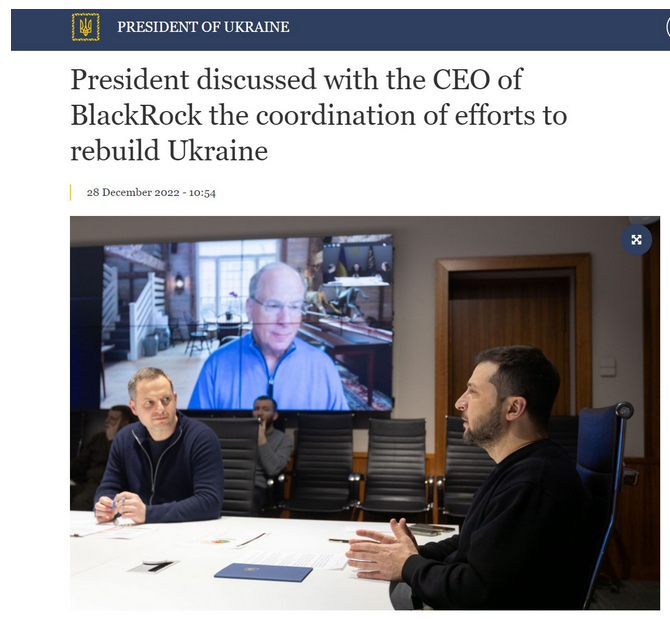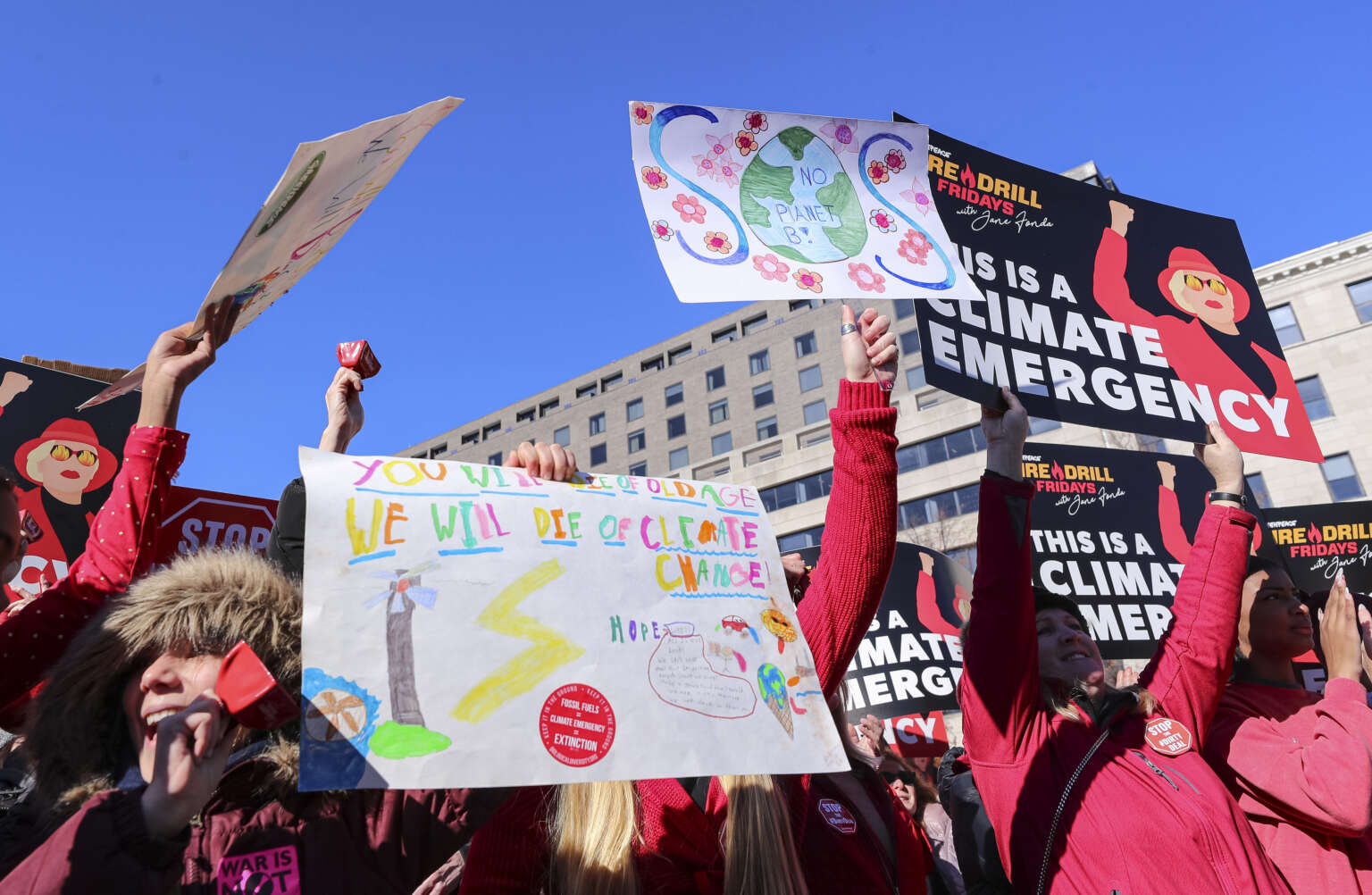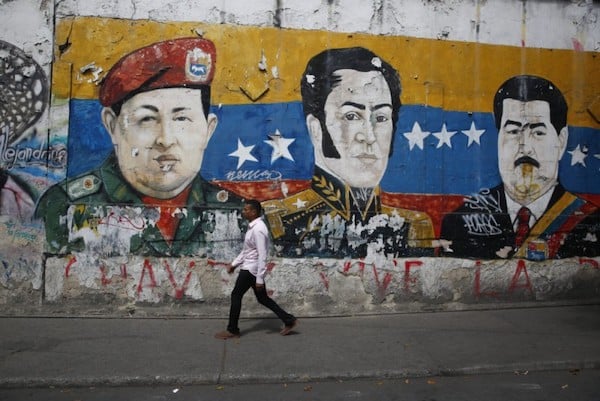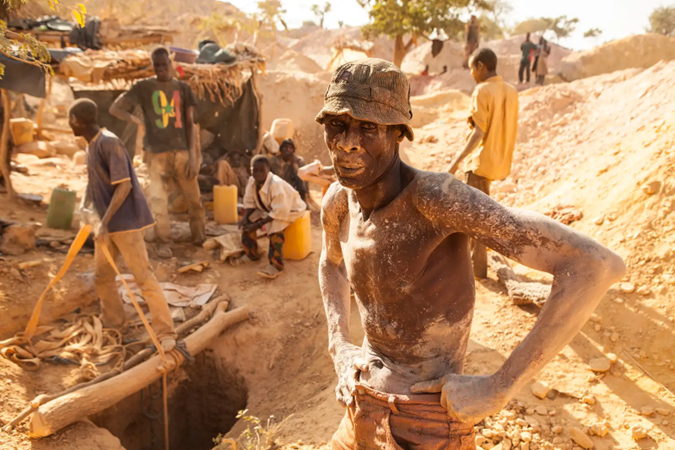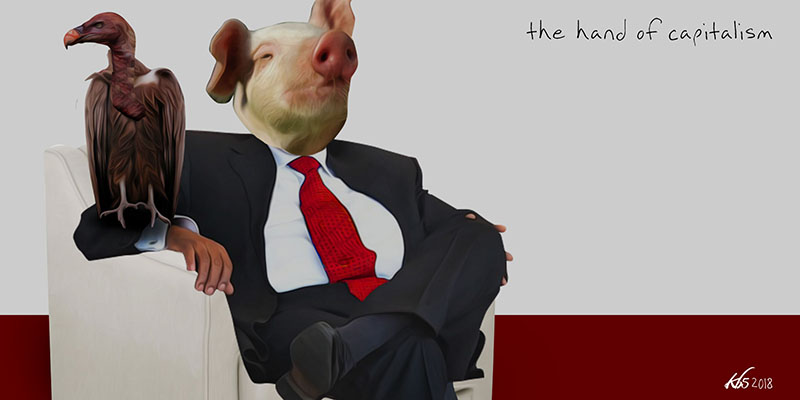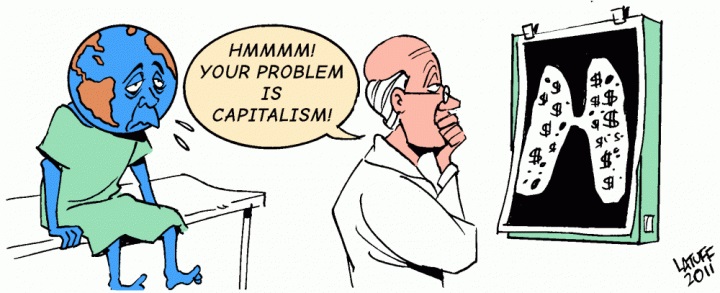Topic: Labor / Economics
-

‘News From Nowhere’ – Building Communal Life In Venezuela
—
by
In the Che Guevara Commune5 in the foothills of the Andes, a long-standing coffee cooperative, built years earlier through the hard work of seasoned cadres who are mostly from Colombia, opted to formally become a commune after Chávez’s 2009 declaration. In El Panal Commune in Caracas, a highly combative revolutionary organization spurred the formation of…
-

Electric Vehicles Won’t Stop the Climate Catastrophe
—
by
EVs are a gift to the industrial capitalists who run Ford, General Motors, and Stellantis: they keep the assembly lines rolling and the revenues flowing. With consumers holding on to their cars longer and longer, a new market segment is necessary to stimulate sales. EVs also make private vehicle ownership palatable to a segment of…
-

Ukraine’s Zelensky sends love letter to US corporations, promising ‘big business’ for Wall Street
—
by
Ukraine’s Western-backed leader Volodymyr Zelensky sent a love letter to US companies, thanking “such giants of the international financial and investment world as BlackRock, JP Morgan and Goldman Sachs” for buying up his country’s assets. “Everyone can become a big business by working with Ukraine”, he enticed, claiming that the reconstruction of his nation “will…
-

Markets and Technology Won’t Solve Climate Crisis. We Must End Capitalism.
—
by
In the 19th century we produced things that were used and needed, use values. Now under monopoly capitalism, it is a demand-constrained system, because corporations have so much productive capacity, they can’t utilize it, particularly at the prices they set, because they set high monopoly prices. So, there’s always an underutilization of productive capacity. Twenty-five…
-

What Is the Future of Venezuela’s Communes?
—
by
One of the most compelling aspects of Venezuela’s ongoing Bolivarian Revolution, founded with the election of Hugo Chávez in 1999, is the central role that communes play in the process. These communes bring together communal councils, elected representatives of 200-400 families in urban areas (and 20-50 families in rural areas), to manage social services and…
-

Open Veins of Africa Bleeding Heavily
—
by
Externally imposed structural adjustment programs (SAPs), after the early 1980s’ sovereign debt crises, have forced African economies to be even more open – at great economic cost. SAPs have made them more (food ) import-dependent while increasing their vulnerability to commodity price shocks and global liquidity flows . Leonce Ndikumana and his colleagues estimate over…
-
The Union Makes Us Strong: Understanding Trade Unionism in a Global Context
—
by
Discusses the need for labor activists to go beyond “lowest common denominator” union organizing.
-
The AFL-CIO’s Foreign Policy Program: Where Historians Now Stand
—
by
Besides giving an in-depth review of the literature, this looks at the developments in the past 10 years, many which solidify earlier claims. Chastises Historians for basically ignoring this work, and saying it’s time for them to break out of the confines of their discipline to help further develop the field of critical labor foreign…
-

Capitalism is Killing the Planet, We Need a New Economic Model
—
by
Policies favourable to fossil fuel companies have extracted our common wealth – our air, forests, land… – and put it in the hands of a small minority. Green policies are therefore bound to be redistributive at a time when inequality is soaring. One of the measures proposed to reduce the regressivity of carbon prices is…
-

Greenwashing and sustainable investment: why capitalism can’t solve the climate crisis
—
by
Socialist economic planning is the only way to ensure a just transition to low-carbon energy and sustainable production. Left to the market, any move to green alternatives will never be rapid enough, since fossil fuels remain so highly profitable; the manufacture of renewable technologies will be scarred by brutally exploitative, destructive, and profit-driven practices;…

